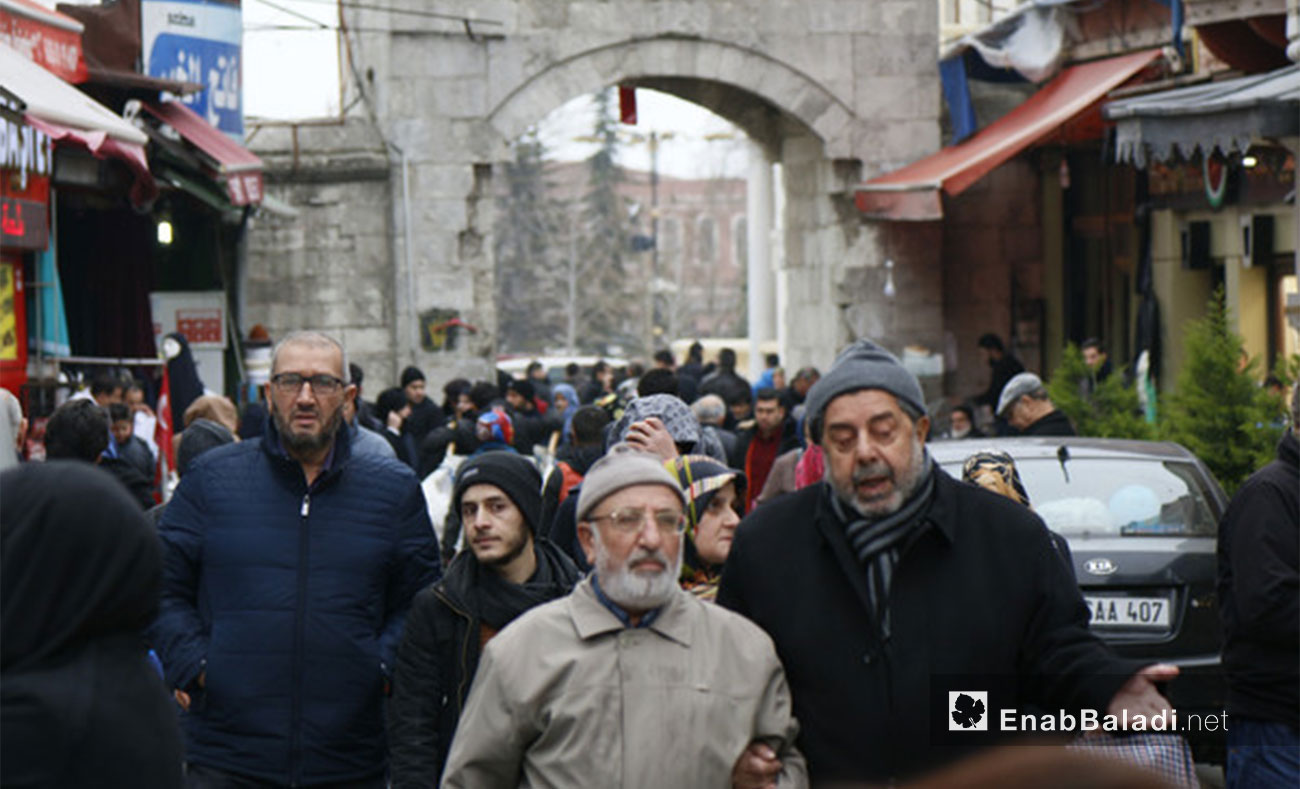



Maria Abu Daher | Practice Training Program
The Turkish Ministry of Healthcare has lately shut down several medical centers in the city of Istanbul after they used to offer their services to hundreds of Syrian patients, who resort to these centers as a substitute for Turkish hospitals and clinics.
Two of the doctors, who worked for these centers and whom “Practice” interviewed, said that closing down the medical centers is due to two reasons: The first is that they do not meet the healthcare standards according to the claims of the Ministry of Healthcare; the second is the illegal practice of medicine without getting the Turkish equivalent of the medicine diploma.
These centers were originally initiated as “charity associations” seeking to provide Syrian people with medical services and overcome some of the obstacles they might face, such as the high costs of the Turkish clinics and the absence of the temporary protection document, Kimlik, which a part of Syrian people do not have and which usually give them access to the Turkish governmental hospitals.
In the majority of the Syrian medical centers in Istanbul, the costs of examinations and appointments range from 30 to 50 Turkish Liras, less than $10, while the costs are about three times these sums at the Turkish clinics.
In addition to this, these centers offer job opportunities to the Syrian doctors, who could not get an equivalent of the Turkish diploma of medicine, which prevents them from working for the Turkish hospitals or opening their own clinics.
In Turkey, the number of Syrian people has exceeded three million, 651 thousand and 635 refugees, according to statistics issued by the Turkish Migration Department. The city of Istanbul is the largest incubator for Syrian refugees.
Dentist Mousa Abu Daher, who used to work for one of the centers that have been recently shut down in the al-Fatih district, criticized the resolution providing for closing these clinics.
“Any resolution must suggest a substitute, which is parallel to its predecessor or better than it, for reason entails seeking the best,” he told “Practice”.
“Unfortunately, the Turkish state did not offer a convenient substitute, though it claims that the [Turkish] hospitals are hosting Syrians. We are, thus, entering the maze of bureaucracy and routine. We should not also forget that many Syrians do not have a Kimlik and are incapable of going to the Turkish governmental hospitals, while the Syrian centers used to welcome them.”
“Though we had certain reservations about some of the problems that used to happen in the charity associations, they, with their foundation, posed a solution to a major crisis that Syrians suffered, in relation to costs, the experience of the Syrian doctors and the ease of communication using Arabic. It would have been more sufficient to construct medical centers with Syrian staffs and a Turkish administration,” he added.
Doctor Muhyiddin Rashed, specialized in internal medicine and working for a center that has been partially closed, was not surprised by the resolution, for “there is not an Arab or a foreign country that allowed for refugees to have such centers,” as he put it.
The resolution triggered a shock among Syrian people based in the city of Istanbul, the majority of whom depend on these centers for their medical consultancies, covering this “Practice” has monitored a variety of opinions about the resolution.
Samer al-Sayed, a university student, told “Practice” the following: “[The resolution] has an impact on many Syrians, especially since the Turkish centers are extremely costly. I am not with the resolution providing for closing the centers, but I believe that the Turkish Ministry of Healthcare should tighten censorship of the Syrian centers.”
Lara al-Ali, a female student at the University of Üsküdar, Istanbul, agrees with Samer, adding: “I resort to the Syrian centers a lot because I have a difficulty with Turkish.”
Huda Sukari, however, despite the fact that she knows Turkish, she prefers going to the Syrian centers, “seeking the experience of the Syrian doctors,” as she said.
if you think the article contain wrong information or you have additional details Send Correction